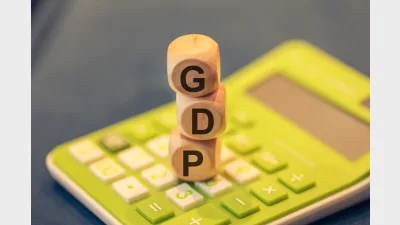Near term recession not likely


A recession will not happen in the near term but when it happens it will be from a mixture of a lack of corporate confidence coupled with some kind of financial shock, an economic fellow believes.
Speaking at the Association of Superannuation Funds of Australia’s (ASFA’s) conference in Melbourne today, Sebastian Mallaby – a Paul A. Volcker senior fellow in international economics at the Council of Foreign Relations (UK) – said he was optimistic for the short-term economic future.
“Although businesses are spooked by the trade war, consumers globally are looking pretty confident, as they are pretty bullish and still spending. Central banks also still have a bit of space to support economic growth. In particular the American central bank has room for six more quarter point rate drops and that’s quite a lot of monetary space to prop up growth if that turns out to be needed,” he said.
“I don’t expect a recession in the near term but if there is one I think it would come because of a mixture of corporate lack of confidence coupled with financial shock of some kind.”
He said ‘bubbles’ had the ability to derail economic growth and pointed to the Nasdaq crash in 2001 that prompted the shadow recession and in 2008 it was the sub prime property crash.
“When we finally do have another recession it’s going to come from some kind of financial shock. We’ve seen shocks in tech valuations such as WeWork and Uber. We’ve seen the fact that collateralised loan obligations that have bundled up from second tier corporates that had a very bad month in October,” he said.
“When that happens people start to worry about broader $1 trillion sized high yield debt market and that could be something to watch. Or the shock could come out of the US/China trade war because of capital flight from China. My sense is that the political situation, the desire for rich Chinese to get their money out of the country is actually as strong as ever.
“I don’t know where the shock is coming from but if there is a shock that could be a trigger for the next recession. But in the short run I’m relatively optimistic.”
Recommended for you
Economic growth was weaker than expected, once again highlighting an economy largely sustained by population growth and government spending.
In this latest edition, Anna Shelley, CIO at AMP, shares the fund’s approach to current market conditions and where it continues to uncover key opportunities.
The mega fund has announced a $2.2 billion investment in a leading data centre platform, bringing its global real assets portfolio to nearly $60 billion.
In this latest edition, Australian Retirement Trust’s head of global real assets Michael Weaver explains the fund’s approach to finding new opportunities as it surpasses $300 billion in funds under management.












